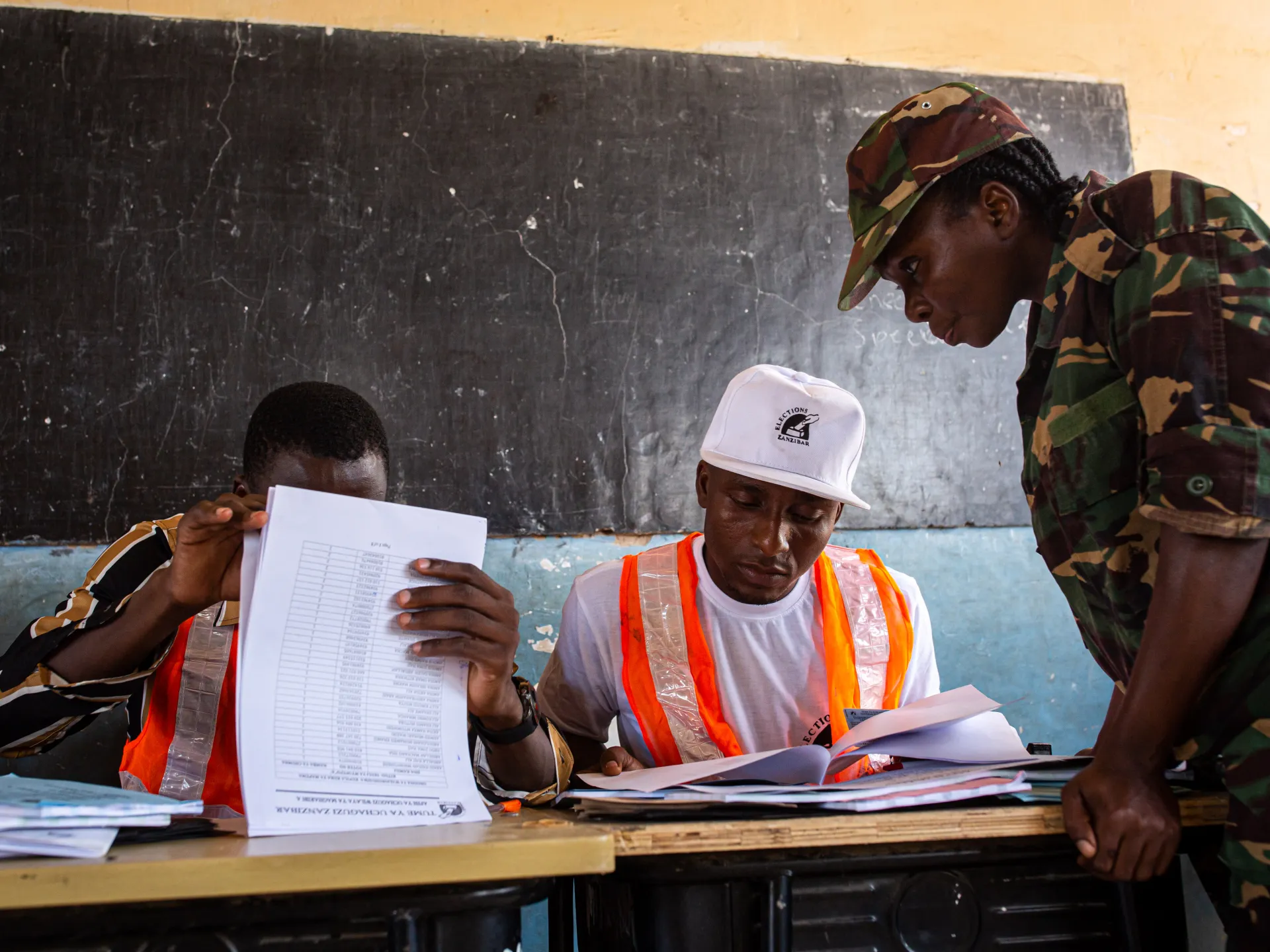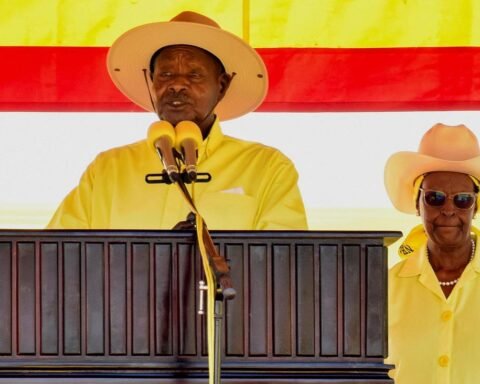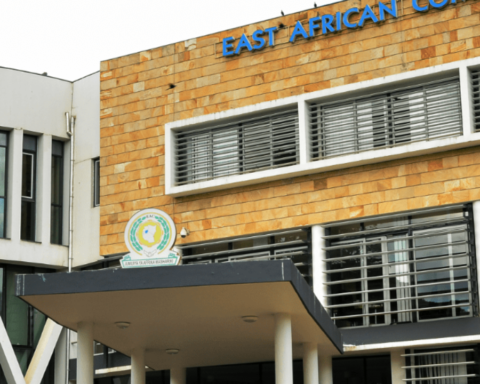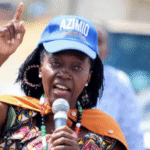The country’s top electoral body has revealed that 8,703 voters were found to have registered more than once in the official voter roll.
The announcement was made by Justice Jacobs Mwambegele, the Chairperson of the Independent National Electoral Commission (INEC), who said the names of those involved have been handed over to the Tanzania Police Force for further investigation and possible prosecution in accordance with national election laws.
“These are not system glitches,” said Mwambegele. “We’re talking about people who deliberately tried to undermine the voter registration process, which is a serious electoral offence.”
Strong Voter Turnout Signals Political Engagement
The Commission also shared promising news: 37,655,559 Tanzanians have registered to vote—an increase of 26.55% compared to the 29,754,699 voters listed during the 2020 general elections.
The voter roll for Zanzibar, which operates under the Zanzibar Electoral Commission (ZEC), currently includes 725,876 eligible voters.
The sharp increase has been credited to better outreach and awareness efforts, especially among youth and first-time voters. Observers also believe that improvements in digital access and voter education campaigns contributed to the rise in participation.
Tanzania’s adoption of biometric voter registration (BVR) technology has made it possible to detect anomalies such as double registration. The system captures fingerprints, facial images, and other unique identifiers to verify each registrant.
Also Read; Germany Accelerates Military Tech Race Amid Tensions
These systems are part of a broader trend across Africa where technology is being used to curb electoral fraud and ensure voter integrity, similar to systems employed by countries like Ghana and Kenya.
Over 99,000 Polling Stations to Serve the Nation
INEC has also confirmed that a total of 99,911 polling stations will be used in the upcoming election—97,349 in mainland Tanzania and 2,562 in Zanzibar. This expansive network aims to ensure that all eligible voters, even in remote areas, have convenient access to cast their ballots.
For a broader understanding of how polling logistics are managed in large-scale elections, see this guide to polling station operations.
According to the electoral calendar, campaigns for the 2025 elections will run from August 28 to October 28 on the mainland, and August 28 to October 27 in Zanzibar. This timeline allows voters ample time to hear from candidates and engage in the democratic process before heading to the polls.
You can explore Tanzania’s electoral calendar and political system for more background.
Those caught registering more than once could face stiff penalties under Tanzania’s Election Act of 1985, which outlines the legal framework governing voter eligibility and offences.
“Allowing fraudulent entries in the register undermines the principles of one person, one vote,” said Mwambegele. “It is our responsibility to protect that principle.”
Cases referred to the police may lead to formal charges, fines, or imprisonment depending on the outcome of investigations and legal proceedings.
With a record-breaking number of voters and a robust network of polling stations in place, Tanzania is gearing up for what could be one of its most inclusive and technologically supported elections in recent history.







